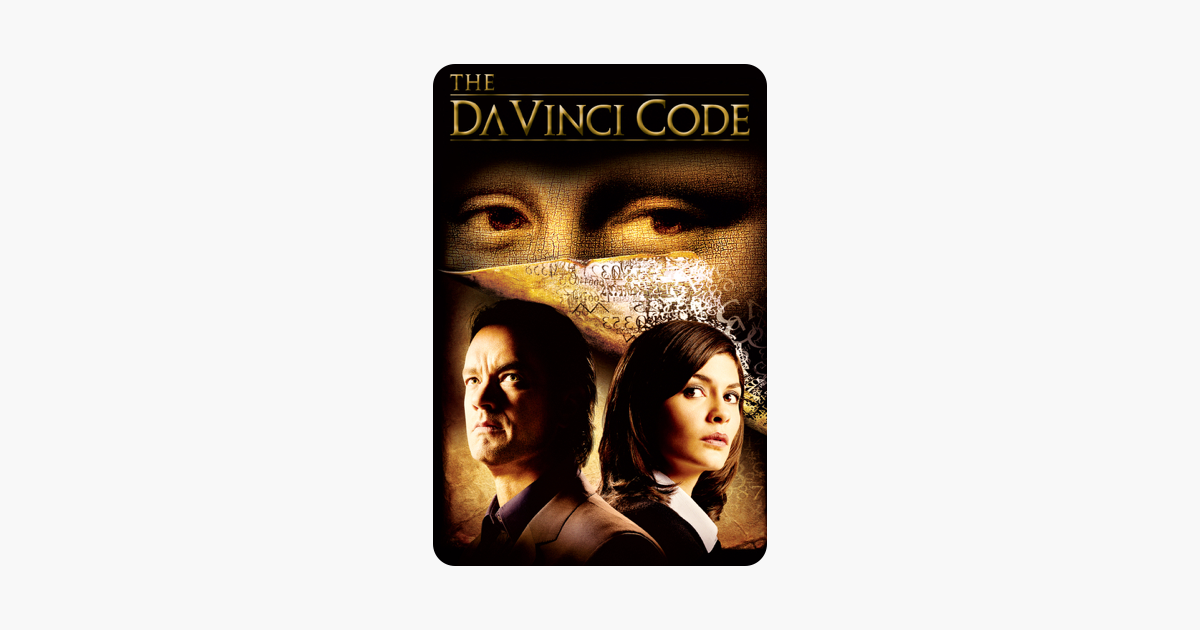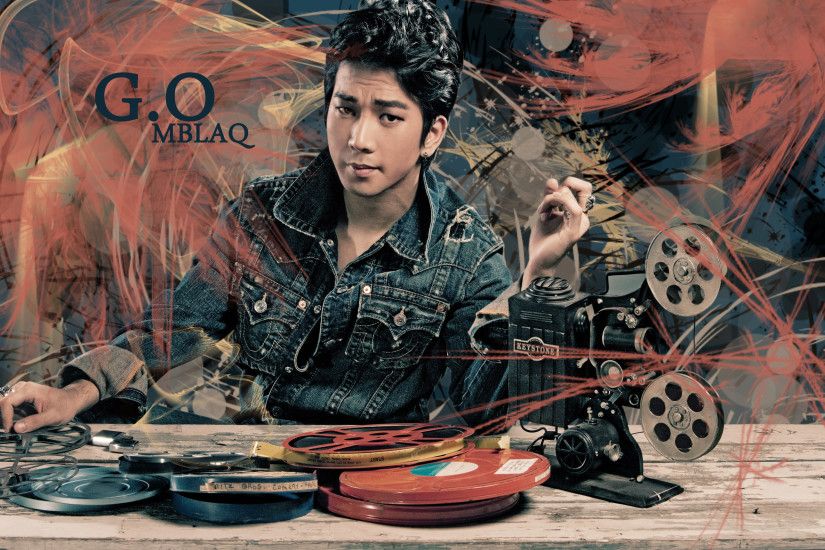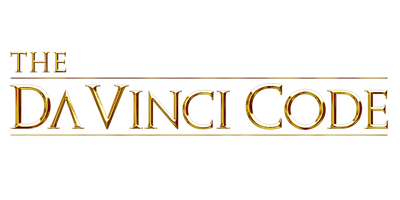- Tamil Rockers.sh The Da Vinci Code Full
- Tamil Rockers.sh The Da Vinci Code Watch
- Tamil Rockers.sh The Da Vinci Code Movie
- Tamil Rockers.sh The Da Vinci Code Online
Christianity
Get the most advanced portable vaporizers in the market! DAVINCI MIQRO, IQ and Ascent. Enjoy FREE shipping plus FREE accessories on us! The Da Vinci Code - Angels & Demons Duology BRRip 1080p x264 AAC - honchorella (Kingdom Release) dingdongpogi. Spellchecked, edited. Replaced occurrences of small L with big I, removed spaces between numbers and time. Note that foreign parts were manually removed from the sub because the movie had it hardcoded (always on). Source taken from The. TamilRockers New Link May 2021, TamilRocker.vz New Domain, TamilRockers New URL, TamilRockers 2020 HD Movies Download in Hindi, Tamil, Telugu, Kannada movies.
'FACT: All descriptions of artwork, architecture, documents and secret rituals in this novel are accurate.' - Dan Brown, introduction to The Da Vinci Code
There are many claims found within the pages of Dan Brown's bestselling novel The Da Vinci Code, but the above claim is easily the most controversial — because it just isn't true. Even leaving the speculative theories aside, many 'descriptions' of art, documents and rituals are demonstrably inaccurate. The 'FACT' statement therefore creates a false sense of trust in what the novel's authoritative characters have to say about history, art and religion.
Our Factual Guide to The Da Vinci Code is a resource for exploring many of the fascinating topics raised in The Da Vinci Code novel and film. We hope it will be useful both to those who might be troubled or influenced by the novel's dramatic religious claims as well as those who simply say, 'Wow, really?' when coming across an intriguing statement. This Da Vinci Code guide does not seek to defend traditional Christian beliefs, insult Dan Brown and his book, nor give undue credence to exciting theories. We simply provide the facts, evidence and resources to those who are interested, so you can draw your own informed conclusions. It's fascinating stuff — enjoy your exploration!
Facts, Errors: So What?
Since its publication, there have been many responses that sort out fact from fiction, from various perspectives, in The Da Vinci Code. Plenty of people are exasperated by all this fuss and repeat, 'It's fiction!!' until blue in the face. But everyone knows it's fiction — no one actually believes the curator of the Louvre was really murdered by an albino. It's the fiction's factual framework that is so intriguing and so controversial.
Still, there are plenty of historical novels and films that include factual errors or fictions - why do people care so much about evaluating the claims in The Da Vinci Code? Here's why:
- Because of the extraordinary popularity of The Da Vinci Code. Millions of people have read this novel, which means it will have a much great impact than most books (or movies).
- Because of Dan Brown's deliberate presentation of the novel as a fictional narrative based in historical fact — through the 'Fact:' statement quoted above, his citation of non-fiction sources and his interviews that indicate his own belief in the novel's factual claims. Dan Brown said, 'One of the aspects that I try very hard to incorporate in my books is that of learning. When you finish the book—like it or not—you've learned a ton. I had to do an enormous amount of research. My wife is an art historian and a Da Vinci fanatic. So I had a leg up on a lot of this, but it involved numerous trips to Europe, study at the Louvre, some in-depth study about the Priory of Sion and Opus Dei and about the art of Da Vinci.' (source)
- Because of the undeniable 'interestingness' of factual claims made throughout the novel. The majority of the novel's millions of readers are fascinated by some of the things mentioned (Leonardo, symbols, Tarot cards, the historical Jesus, the Louvre pyramid...) and want to learn more once they have finished the book.
Why We're Bothering to Provide 'the Facts'
It is ReligionFacts' policy to keep our own opinions to ourselves, but we'll make an exception here for some brief value statements. First, critical thinking is really important. The ability to consider a claim critically, evaluate sources and understand motives and context is crucial for many things in today's world: such as not being taken in by a scam, not being convinced by the propaganda of a dangerous group, and not basing one's historical or religious beliefs on a popular novel.
As a website based on the importance of 'facts' as a foundation for religious inquiry, understanding and discussion, we find it a bit distressing to realize that many readers have changed their religious beliefs based solely on a novel. Not because change is bad, but because the lack of critical thinking that led to such a change is bad.
Second, and more positively, we think it is a good thing that an entertaining novel has sparked readers' interests in investigating such topics as the Council of Nicea, the role of Constantine in Christian history, the pagan roots of Christianity, the Dead Sea Scrolls, religious symbols, the Knights Templar, how the Bible was formed, etc. In many cases, the truth is as intriguing as the fiction! We wouldn't dedicate a whole website to the study of religion if we didn't think it was interesting.
So The Da Vinci Code can be an entertaining starting point to learn something new. Even readers unaffected by the book's religious claims are likely to be intrigued by topics mentioned in the book and would like to learn more (e.g., are there really 666 panes in the Louvre Pyramid?).
Our 'response' to The Da Vinci Code is based on the above perspectives. We hope to provide useful information both to those who may be re-considering their religious beliefs (without attempting to steer them in any particular direction) and to those who are more casually intrigued and want to know more.
What Others Say about Evaluating The Da Vinci Code
Bart Ehrman, a professor of early Christian history at the University of North Carolina, was asked by Oxford University Press to write a response to the novel from a scholar's perspective. This he did in Truth and Fiction in The Da Vinci Code. Following are excerpts from this book about why he bothered writing a response to a fictional novel. (Italics are his.)
I knew that the book itself was fictional, of course, but as I read it (and for me, as for many others, it was a real page-turner) I realized that Dan Brown's characters were actually making historical claims about Jesus, Mary and the Gospels. In other words, the fiction was being built on a historical foundation that the reader was to accept as factual, not fictitious. But like many historians who have spent their lives studying the ancient sources for Jesus and early Christianity, I immediately began to see problems with the historical claims made in the book. There were numerous mistakes, some of them howlers, whhich were not only obvious to the expert but also unnecessary to the plot. If the author had simply done a little bit more research, he would have been able to present the historical backdrop of his account accurately, without in any way compromisng the story he had to tell. Why didn't he simply get his facts straight? (p. xii-xiii)
...The reasons for my responding are not just that I happen to be interested in the book (I'm interested in lots of books, and I don't plan on responding to them all) or that I'm concerned about the religious impact on the beliefs of others. My concern is really a bit more prosaic. I know that a lot of people learn about the past from works of fiction or from film.... The ability of film directors and book authors to affect public sentiment and to shift public thinking is neither a good thing nor a bad one; it is simply a reality of the times. But when the images they create for their viewers are erroneous - well, it means people misunderstand history as it really was and substitute fiction for facts. Maybe there's no real harm in that. But for those of us who spend our lives studying the history, it can grate a bit on the nerves. (p. xv-xvi)

Tamil Rockers.sh The Da Vinci Code Full
I should stress that I am not objecting to Dan Brown's inventing claims about early Christian documents as part of his fictional narrative; the problem is that he indicates that his accounting of early Christian documents is historically accurate, and readers who don't know the history of early Christianity will naturally take him at his word. (p. 100)
It is difficult to reconstruct what happened in Jesus' life. Historians insterested in doing so know that it is not a matter simply of quoting a verse here or there tha randomly occurs in some Gospel or the other, and then taking that verse as historically accurate. Doing history is far more complicated than that. We have to take into account the nature of our sources and to apply rigorous criteria to them in order to separate the facts from the fictions. ...The historical approach to our sources may not be as exciting and sensationalist as fictional claims about Jesus (he kept a lover! he had sex! he made babies!), but there's something to be said for knowing what really happened in history, even if it is not as titillating as what happens in novels. (p. 144-45)

HowStuffWorks.com has an article entitled 'How the Da Vinci Code Doesn't Work,' which begins:
It's a work of fiction, but it presents itself as based in fact, and many critics have raised questions about whether those facts are accurate. It's no secret that the HowStuffWorks staff likes to take things apart and see what makes them tick. Some of us are also the kind of sticklers who point out science and technology mistakes in TV shows and movies, much to the chagrin of the people listening. But when we heard about the controversy surrounding 'The Da Vinci Code,' we couldn't resist picking it apart.
Table of Contents
Article Info
| Title | The Da Vinci Code |
|---|---|
| Published | March 12, 2006 |
| Last Updated | January 29, 2021 |
| URL | religionfacts.com/da-vinci-code |
| Short URL | rlft.co/1496 |
| MLA Citation | “The Da Vinci Code.” ReligionFacts.com. 29 Jan. 2021. Web. Accessed 3 Jun. 2021. <religionfacts.com/da-vinci-code> |

Dan Brown was born on June 22, 1964 inExeter, New Hampshire. He attended Phillips Exeter Academy and AmherstCollege. After college, he returned to Phillips Exeter to teachEnglish.
Although a writer of commercial fiction, Brown’s interestin the genre arose fairly late in his life. He read his first thriller,Sidney Sheldon’s Doomsday Conspiracy, after hehad graduated from college. This thriller, which Brown stumbledupon by accident, inspired him to work in the same genre. Asidefrom Sheldon, Brown has said he admires Robert Ludlum, for his abilityto plot large-scale, international thrillers; John Steinbeck, forhis descriptive skills; and Shakespeare, for his wordplay.
Brown grew up in a household in which religious and academic topicswere discussed openly—his mother was a professional sacred musicianand his father was a math professor. This background provided Brownwith the confidence to explore some of the complicated conflictsthat arise between religion and science. One of his early novels,for example, Angels and Demons (2000),examines the conflict between science and religion.

Tamil Rockers.sh The Da Vinci Code Watch
Another theme frequently addressed in Brown’s work isthe secret society. Brown has said that secret societies hold aspecial fascination for him, having grown up in New England, whereIvy League universities, Masonic lodges, and seats of governmental powerall have their secret rituals and mysterious elements. Two of Brown’snovels, Digital Fortress (1996)and Deception Point (2001),deal with secret governmental organizations.
Yet it was Brown’s novel The Da Vinci Code (2003),a book that combines all three of these themes, that catapultedBrown to celebrity. So staggering was its success that it inspiredreaders to return to Brown’s earlier novels, belatedly putting themon the New York Times bestseller list.
Tamil Rockers.sh The Da Vinci Code Movie
The idea for The Da Vinci Code, a thrillerthat hinges on a trail of clues hidden in the works of LeonardoDa Vinci, first came to Brown while he was studying art historyin Spain and learned about hidden symbols in Da Vinci’s paintings.While he was researching Angels and Demons, hisfirst book, which also has Robert Langdon as the main characterand which deals with another secret society, the Illuminati, Brownwas confronted with Da Vinci once again. He arranged to go to theLouvre, where he saw many of Da Vinci’s paintings and interviewedan art historian. Before writing The Da Vinci Code,Brown spent a year researching Da Vinci and reading widely aboutcryptography and symbology. He also studied up on, and interviewedmembers of, Opus Dei, a controversial organization within the CatholicChurch.
Brown considers himself a Christian and has said thatthe issues that preoccupy the characters in The Da VinciCode matter to him on a personal level. He has repeatedlyinsisted that The Da Vinci Code was meant to sparkfurther discussion about the mission and place of the Church, notto inspire denunciation of the Church. Furthermore, Brown does notclaim that everything the characters discuss is the absolute true.Nonetheless, his novel has been met with a spate of books writtenby outraged Christians and Catholics, taking Brown to task for hisconception of everything from the Holy Grail to Mary Magdalene’srelationship to Jesus to the validity of the noncanonical Gospels.Brown has welcomed these debates, insisting that apathy is the enemyof true faith and discussion is the lifeblood of any religion. Brownhas also received many letters of support from people inside theChurch who appreciate his work. He says that these supporters includenuns who have thanked him for pointing out how ironic and painfulit is that even women who give up their lives to serve the Churchare not considered fit to serve behind the altar.
Tamil Rockers.sh The Da Vinci Code Online
After the enormous success of his novels, Brown gave upteaching and now focuses on his writing full time. His next novelswill feature Robert Langdon, the protagonist of Angels andDemons and The Da Vinci Code.